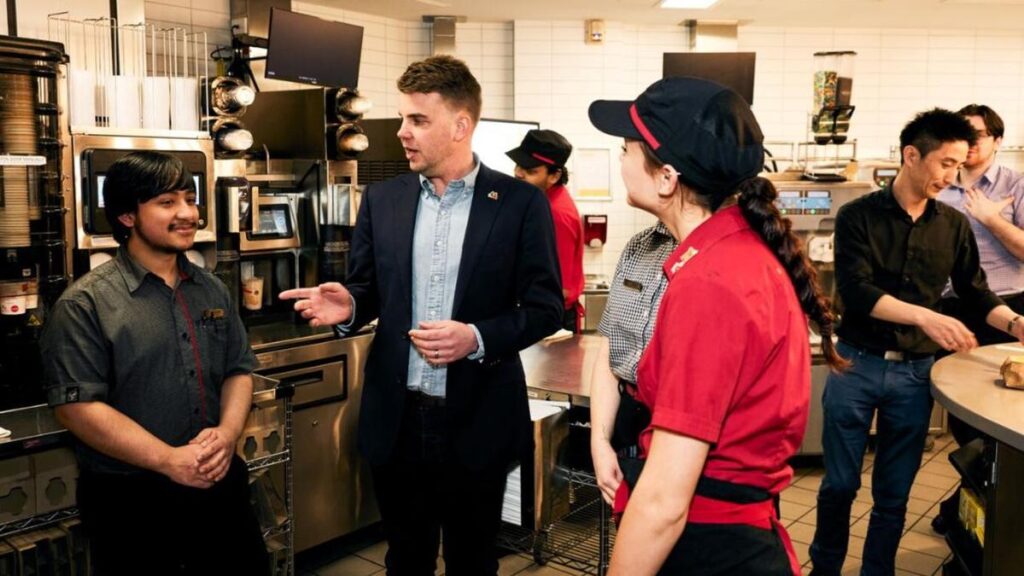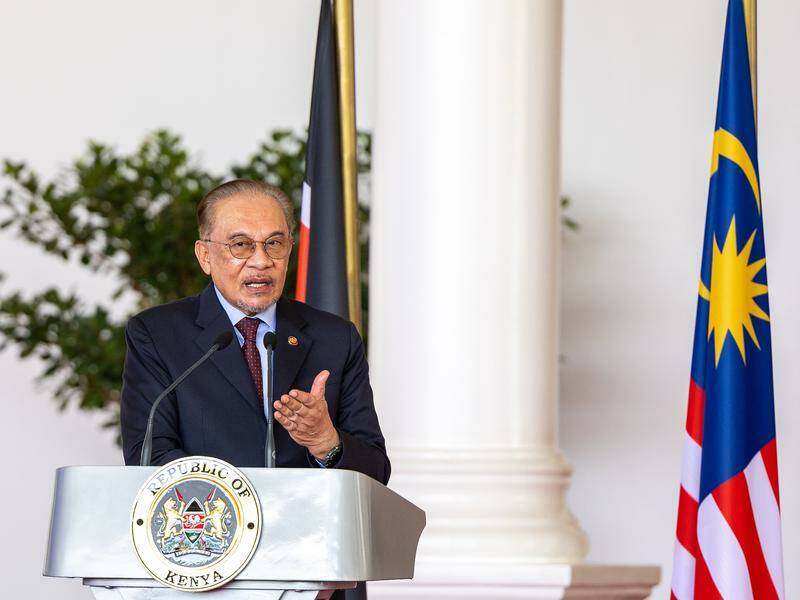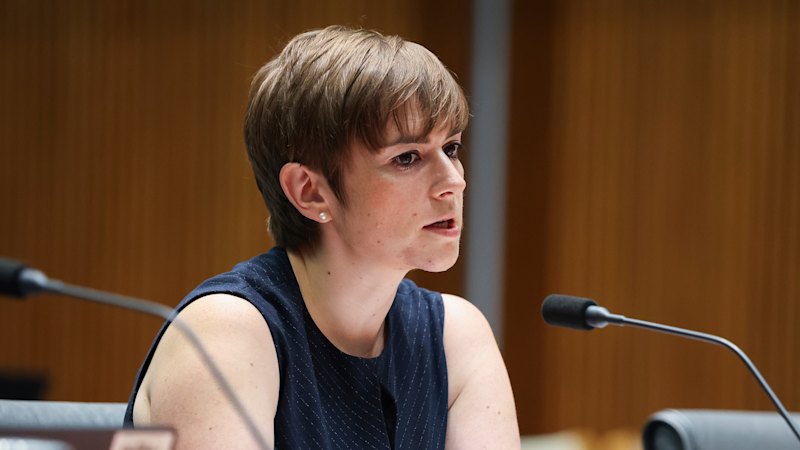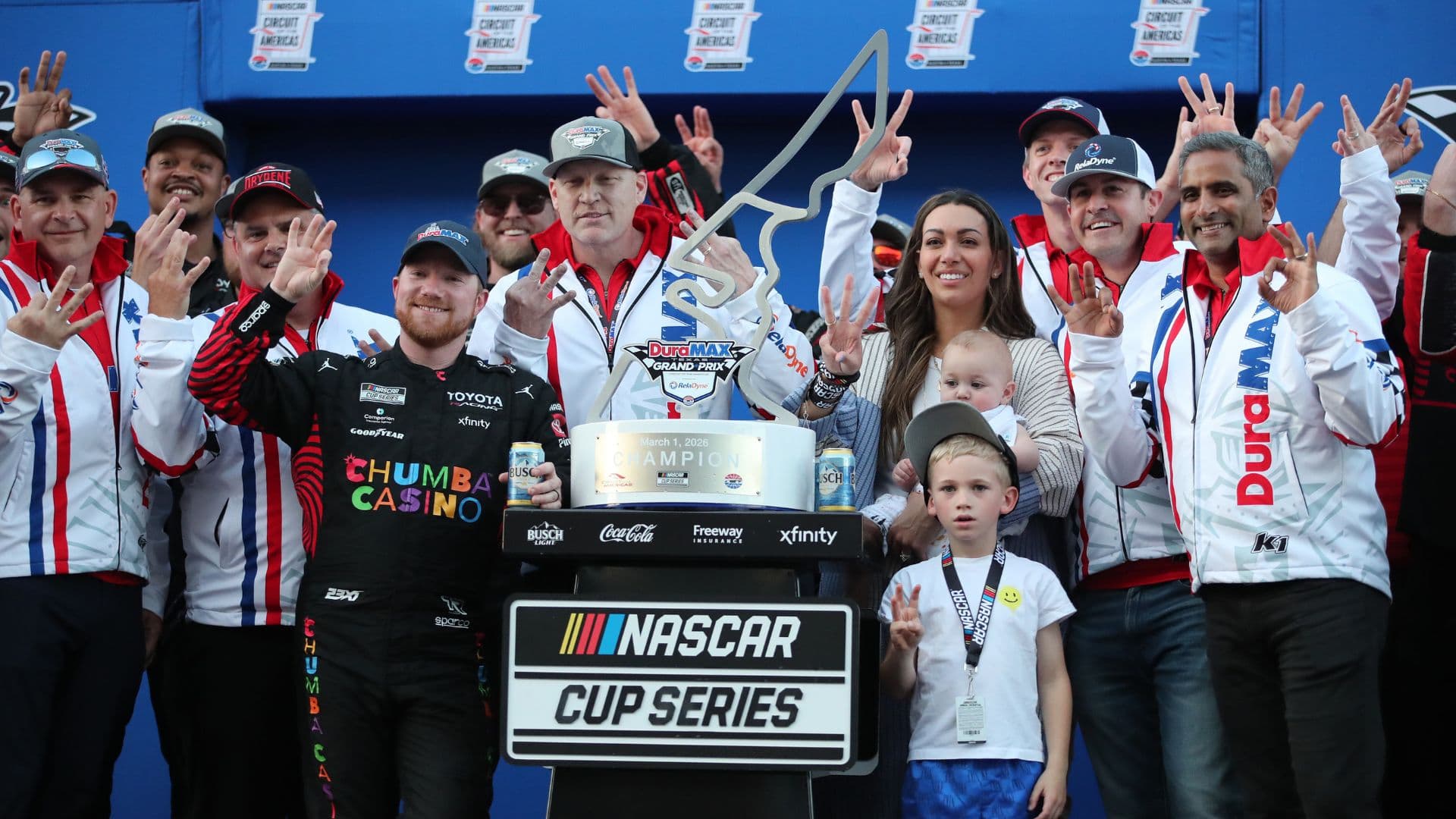
Several prominent Australians, including Prime Minister Anthony Albanese and television personality Sylvia Jeffreys, share a common background: they all worked at McDonald’s. The fast-food giant, which employs approximately 115,000 individuals nationwide, has seen over one million Australians pass through its kitchens, dining areas, and corporate offices since its establishment in the country.
In 2021, Albanese reflected on his time working at a McDonald’s restaurant near The University of Sydney, describing it as “hot, hard work.” He emphasized the importance of such casual jobs for young people, stating, “It teaches them discipline.” The Prime Minister’s comments come in the context of his criticism of the previous government’s industrial relations policies.
McDonald’s Impact on Careers
During a recent interview with NewsWire, Brad McMullen, Chief Restaurant Officer for McDonald’s Australia, expressed that he is not surprised to see high-profile figures among the company’s alumni. “We’ve employed 1.5 million people over time,” he noted. “There are doctors, lawyers, tradies, and teachers. You would be hard-pressed to find a profession that doesn’t have an ex-McDonald’s person in it somewhere.”
Albanese’s experience is not unique; he represents a significant portion of McDonald’s workforce. Approximately 70 percent of the employees are currently in secondary school, TAFE, or university. McDonald’s Australia, a division of the larger $340 billion McDonald’s Corporation, operates 1,050 restaurants across the nation and has been part of the Australian landscape since 1971, when burgers were sold for just 20 cents.
Commitment to Skills Development
McDonald’s invests over $60 million annually in training and development, which McMullen identifies as a core value of the company. “There is a real hunger from applicants to learn on the job,” he said, highlighting the company’s role in preparing young individuals for their future careers.
The skills learned at McDonald’s extend beyond food preparation. Employees gain essential life skills, including teamwork, communication, and customer service. McMullen elaborated, “If I think about myself in my career, just the basics of learning to read a roster, when do I have to turn up? What’s workplace health and safety? Those kinds of fundamental skills are really important for young people.”
In July, Joe Chiczewski, McDonald’s Australia Chief Executive, announced plans to open an additional 30 to 50 locations within the next year. This expansion reflects the ongoing demand for employment opportunities within the fast-food sector.
Concerns regarding the impact of artificial intelligence (AI) on employment in the fast-food industry have emerged, particularly as it threatens jobs in sectors like finance and marketing. However, McMullen stated that McDonald’s remains a fundamentally “human-centric” business. “People make the experience better at McDonald’s,” he asserted. The company has “no plans” to introduce robots into its restaurants, as the focus remains on enhancing employee decision-making through technology rather than replacing human roles.
While McDonald’s pays its employees the industry minimum wage, it is currently engaged in negotiations with the Shop, Distributive and Allied Employees’ Association union over a push for higher wages. When questioned about the feasibility of paying above the award rate while investing in skills development, McMullen emphasized the company’s commitment to equipping Australians for success.
“We provide brilliant foundational skills for people to thrive in whatever they choose to do,” he said. “We’re focused on continuing to invest in what we do best, providing great first jobs for people.”







